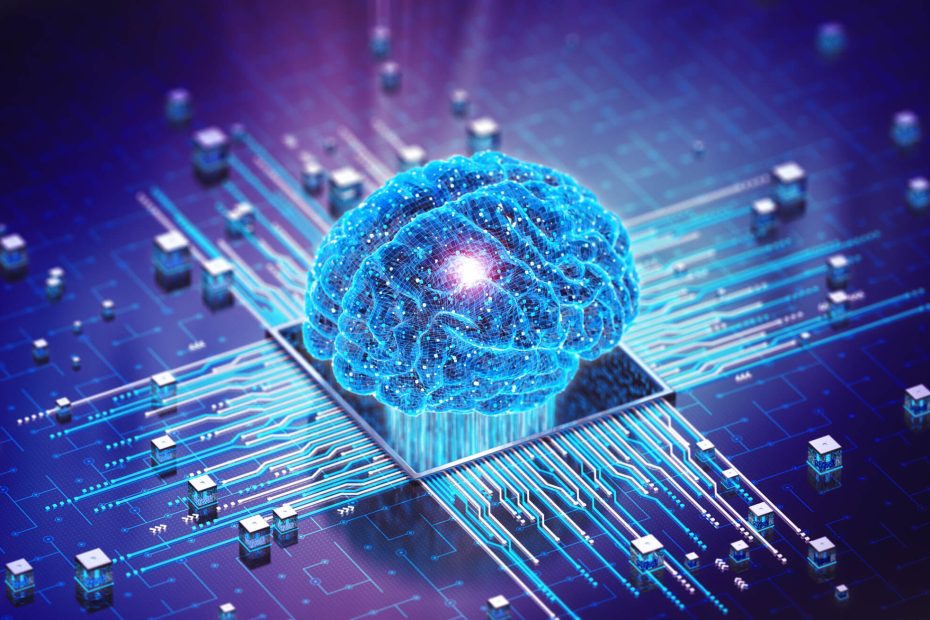As the curtains rise on Christopher Nolan’s latest cinematic masterpiece, Oppenheimer, Johns Hopkins University’s community is reminded of the enduring legacy of J. Robert Oppenheimer, a visionary scientist whose work continues to resonate in the modern age. While the world has evolved dramatically since the days of the Manhattan Project, Oppenheimer’s contributions and the ethical questions they raise have surprising parallels in today’s cutting-edge research, particularly in the realm of artificial intelligence (AI). In one of the interviews prior to the movie’s release, Nolan said: “When I talk to the leading researchers in the field of AI right now, they literally refer to this as their Oppenheimer moment.”
In the mid-20th century, Oppenheimer’s groundbreaking research on the atom bomb reshaped the course of history. The incredible scientific strides made during this time were underscored by an equal measure of moral introspection. The pursuit of scientific knowledge walked hand-in-hand with the obligation to contemplate the wider ramifications of one's endeavors. Similarly, the JHU community finds itself at the intersection of innovation and responsibility as AI technologies advance at an astonishing pace.
While seemingly disparate, the atomic research of Oppenheimer’s era and today’s AI endeavors are united by their shared potential for both immense progress and unforeseen consequences. As JHU students and residents delve into the intricacies of AI, they must take a page from Oppenheimer’s book and grapple with the ethical implications of their discoveries. Just as Oppenheimer and his peers wrestled with the implications of harnessing nuclear energy, today’s researchers face pressing questions about data privacy, algorithmic biases and the potential displacement of human labor.
Furthermore, the collaborative nature of Oppenheimer’s research on the Manhattan Project mirrors the interdisciplinary approach required in AI research today. JHU’s diverse expertise empowers students to fuse knowledge across fields, just as physicists, chemists and engineering did to unlock secrets of the atom. Now, computer scientists, ethicists, psychologists and more must come together to guide the development of AI technologies that align with societal values.
Oppenheimer’s legacy also highlights the importance of effective communication and public engagement. He recognized the gravity of the atomic age and sought to navigate its complexities through discourse with both colleagues and the general public. Similarly, JHU scholars must communicate the potential benefits and risks of AI to a broader audience and foster a deeper understanding of this transformative field.
So, as the credits roll on Oppenheimer’s cinematic saga, let’s raise a glass to curiosity that never fizzles out. The JHU community, from atom aficionados to AI adventurers, stands at the nexus of innovation and responsibility. With Oppenheimer as our guide, we’re set to spin tales of AI wonders that’ll make even Hollywood’s finest envious — and hey, maybe we’ll throw in a few explosions for good measure.
Related Content
- ChatGPT in Medicine, Part 1 — Learning About the Differential Diagnosis
- Artificial Intelligence in Medicine—Science Fiction Now Science Fact
- Digitizing Diagnosis: A new book by fourth-year medical student Andrew Lea
- Discovering Medicine Through Filmmaking
Want to read more from the Johns Hopkins School of Medicine? Subscribe to the Biomedical Odyssey blog and receive new posts directly in your inbox.
